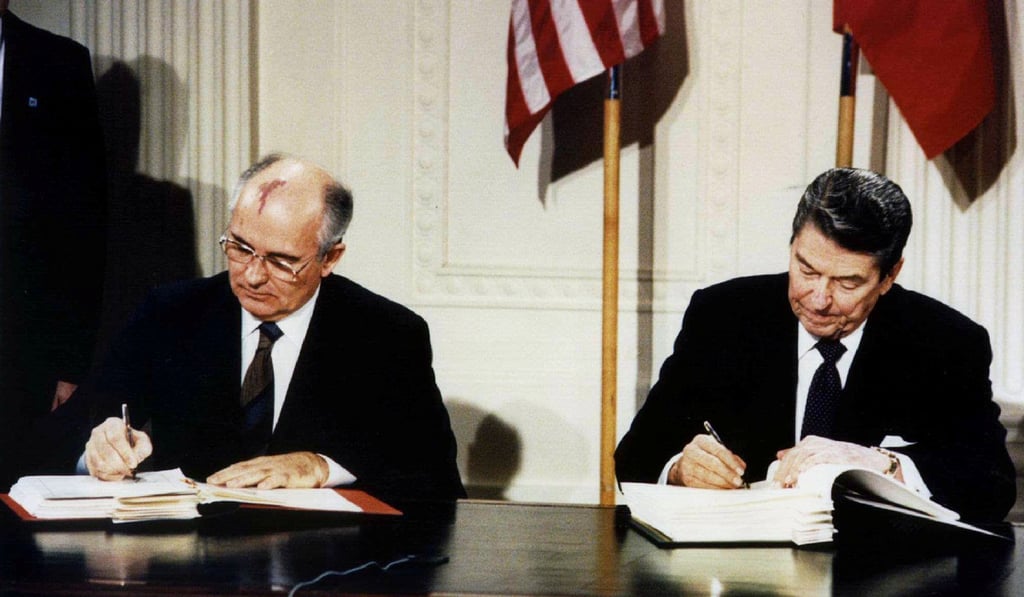Opinion | The BRICS countries are building the blocks of a fair, multipolar world
- The BRICS bloc has the capacity to play a stabilising role in global affairs, at a time when multilateral values are under siege and trade chaos reign. Already, the five countries account for almost a third of global GDP

We welcome Brazilian President Jair Bolsonaro’s statement in Osaka about the importance of strengthening dialogue within the group, which will enable the BRICS countries – including India, China and South Africa – to make the most of ongoing global changes.
Today, alignment of efforts of our countries is particularly important. Global politics continues to reel. Various regions of the planet still retain significant potential for conflict. The arms control architecture has been deliberately undermined – the United States’ unilateral withdrawal from the Intermediate-Range Nuclear Forces Treaty was a rather dangerous step.

The international community has yet to find effective responses to a number of critical challenges of our time, from terrorism to climate change.
